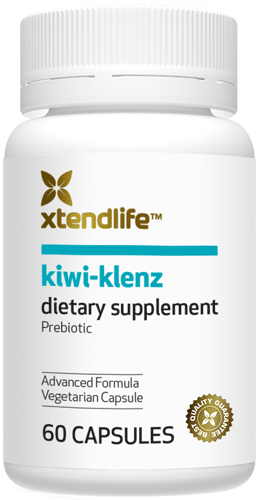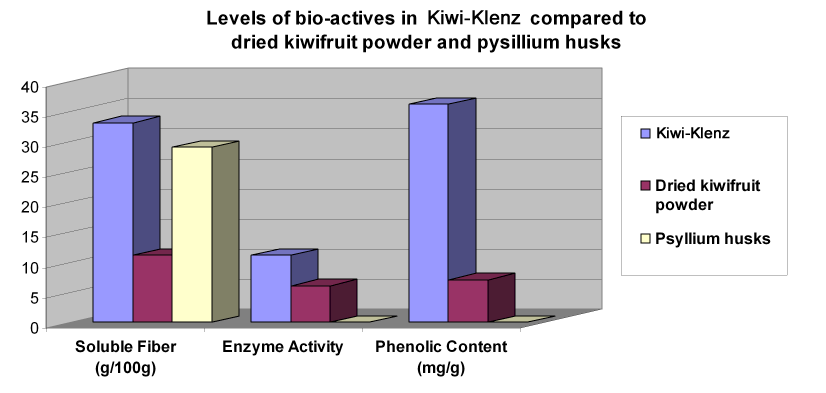Many people find that they suffer from slow digestion problems. After all, the digestive system is around 12 meters long. The amount of time that it takes for food to pass through it varies greatly between individuals, and the type of food and size of meals eaten also have an impact.
In healthy adults, digestion takes anywhere from 24-72 hours. It occurs via an uncontrollable process called peristalsis, whereby muscular movements and contractions force the food along the gastrointestinal tract.
The first stage of digestion is the passage of food through the stomach and small intestine. This usually takes between 6-8 hours. After this, the food ends up in the large intestine (colon) for further digestion and absorption of water. What’s left begins to be eliminated out of the body, in the form of feces, after 24 hours.
Symptoms of Slow Digestion Problems
Slow digestion can cause a range of symptoms. These include bloating, burping, gas, stomachache, a heavy stomach even if you haven’t eaten much, and constipation.
In addition, slow digestion will greatly affect colon health, as the fermentation of food can cause bacterial overgrowth and build up of toxins in the intestines. This can increase the risk of colon cancer.
Hence, it’s important that slow digestion problems be treated.
What Causes Slow Digestion Problems
Two common reasons why people experience slow digestion problems are because they don’t drink enough water or eat enough fiber to keep the digestive process moving along. Since the digestive system is mechanical, it relies upon food bulk in order to be able to move food efficiently.
Slow digestion is also a common issue in pregnancy, often resulting in pregnancy constipation, because hormones cause the digestive muscles to relax.
Another issue is, unfortunately, aging. Not only does it cause changes outside of the body. Changes also take place inside the body, including changes to tissue, muscle, and glands that secrete digestive enzymes. This reduces the body’s ability to break down and digest food. Difficulties digesting protein can arise, and weaker digestive muscles mean food is pushed through the intestines much slower. Alarmingly, it’s estimated that 35-40% of people over 65 will have digestive problems in a given year in the US.
Certain health conditions can also slow down digestion. One is called gastroparesis, whereby the stomach doesn’t empty its contents properly. Crohn’s disease can affect how quickly food passes through the digestive tract too.
How Kiwi Fruit Can Help Slow Digestion Problems
A change of diet, particularly eating more fiber, is a major recommendation for remedying slow digestion.
Fruits, vegetables and whole grains are all sources of dietary fiber. However, one in particular stands out. The kiwi fruit. If this comes as a surprise to you, just take a look at these 5 benefits of kiwi fruit for digestion.
Where slow digestion is concerned, one of the most important benefits of kiwi fruit is that it’s been proven to stimulate the intestine’s movement.
In 2007, this study found that eating two kiwi fruit a day for a month significantly shortened colon transit time in chronically constipated Chinese patients.
The findings were similarly positive in this study, conducted on the bowel function of sufferers of irritable bowel syndrome. Nearly 50% of patients with constipation showed improvement in the condition of the intestine after consuming kiwi fruit for four weeks.
This study, conducted in 2002, also found that kiwi fruit consumption lead to more frequent production of stools in the elderly.
No doubt the reason why is that kiwi fruit contains a very high proportion of fiber. There are 3.4 grams of fiber in 100 grams of kiwi fruit, compared to only 1.6 grams of fiber in 100 grams of bananas.
Kiwi fruits are also prebiotics that feed the good bacteria in the intestines, as well as contain phenolic compounds that keep the bad bacteria under control. The kiwi fruit skin is rich in antioxidants too.
Kiwi Klenz — A Remarkable Kiwi Fruit Extract Supplement
 The great news is that instead of having to eat two kiwi fruits every day, it’s possibly to just take one capsule of Kiwi Klenz. It’s a much simpler and more economical alternative.
The great news is that instead of having to eat two kiwi fruits every day, it’s possibly to just take one capsule of Kiwi Klenz. It’s a much simpler and more economical alternative.
What’s Kiwi Klenz?
It’s a 100% natural digestive supplement, made from both the extract of kiwi fruit pulp and the very nutritious kiwi fruit skin, that works to maintain TOTAL balance in your digestive tract.
Kiwi Klenz is better than the other kiwi fruit supplements on the market, which are made from freeze-dried kiwi fruit pulp without the skin, and don’t contain all the important fiber and compounds.

The really appealing thing is that the manufacturer stands by it with a 100% satisfaction guarantee, so you can try it RISK FREE!
GET RESULTS OR YOUR MONEY BACK!
Find out what customers have to say about Kiwi Klenz in these customer comments.
“I’ve been having digestive issues since I was a kid, despite being overall healthy. Kiwi-Klenz is making me regular and I don’t have as much bloating as I used to. When I stopped using Kiwi Klenz for a brief moment (I temporarily switched over to an alternative option) the problems came back. Kiwi-Klenz is now once again part of my daily supplement take in and I feel much better.” –Eric H, The Netherlands.
Also check out these 5 Natural Digestive Supplements for Digestion.



